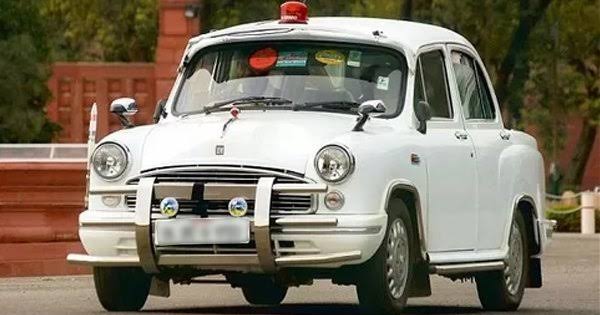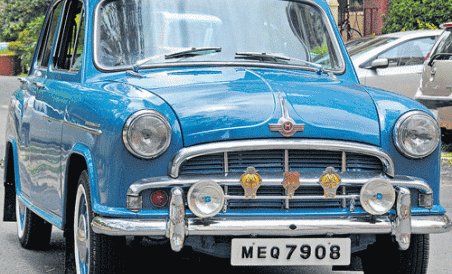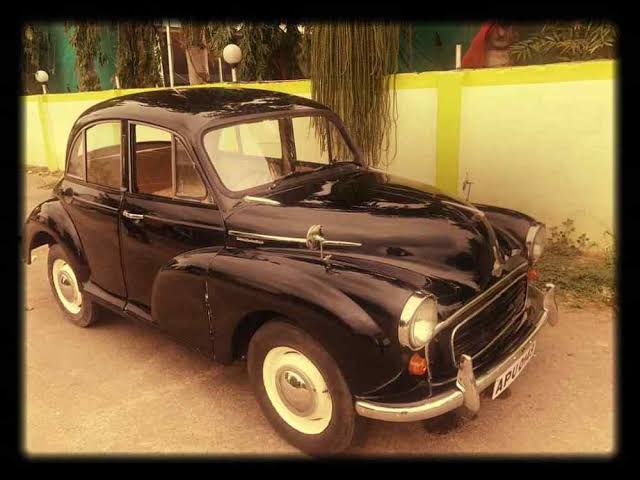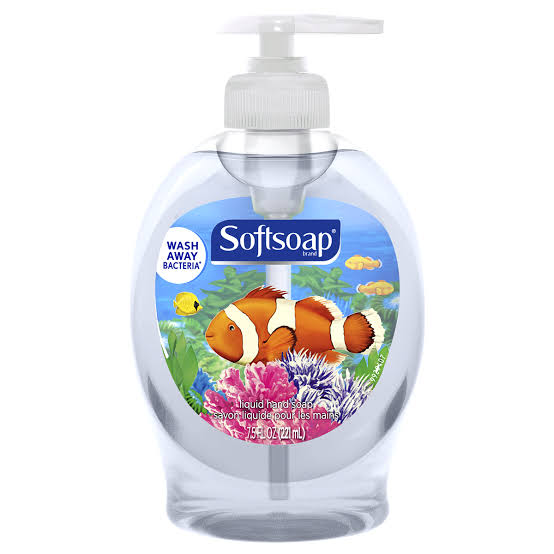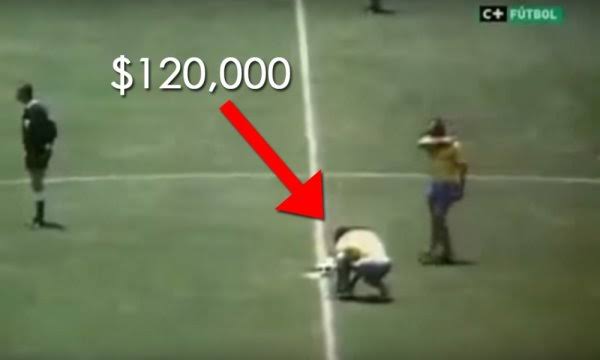
Indian households hold close to 1 trillion$ worth of gold ~ 11% of total global deposits
This big opportunity is what led Titan, the famous watch company of the Tatas to foray into the jewellery segment with a new brand 'Tanishq' in 1996
A thread on the story of Tanishq 🧵
1/
This big opportunity is what led Titan, the famous watch company of the Tatas to foray into the jewellery segment with a new brand 'Tanishq' in 1996
A thread on the story of Tanishq 🧵
1/
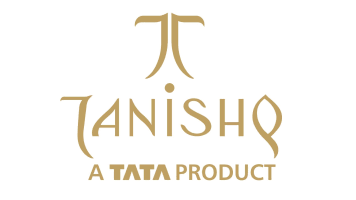
Titan has been a great success story for the Tatas becoming the number 1 player in the watch industry.
Given the huge demand of jewellery in the Indian market, Titan decided to foray into the branded jewellery segment with a new brand Tanishq
2/
Given the huge demand of jewellery in the Indian market, Titan decided to foray into the branded jewellery segment with a new brand Tanishq
2/
1996 - 1st store of Tanishq is opened in Chennai. One differentiator that Tanishq offered was 18 carat jewellery instead of the more common and popular 22 carat
Company's point being that 18 carat gold will enable them to make better, less expensive & scratch proof jewellery
3/
Company's point being that 18 carat gold will enable them to make better, less expensive & scratch proof jewellery
3/
This was a blunder in missing out on understanding the consumer behaviour. In India, people didn't buy jewellery just for ornamental purpose
Gold was seen as a store of value and symbol of wealth. Hence, 18 carat which was less pure version couldn't become preferred choice
4/
Gold was seen as a store of value and symbol of wealth. Hence, 18 carat which was less pure version couldn't become preferred choice
4/
2001 - For close to 5 years, Tanishq kept trying with the 18 carat offering but couldn't succeed. The total losses from Tanishq were close to 150 crores INR.
The constant erosion of money impacted Titan's stock as well taking it to just 2 Rs in 2001.
5/
The constant erosion of money impacted Titan's stock as well taking it to just 2 Rs in 2001.
5/
2002 - McKinsey was engaged by Titan to run a study of its jewellery business. McKinsey suggested it was better to shut down the jewellery business.
Tata Group chairman, Ratan Tata left the decision with Xerxes Desai who didn't give up on the business.
6/
Tata Group chairman, Ratan Tata left the decision with Xerxes Desai who didn't give up on the business.
6/
2002 - Tanishq finally accepted it's mistake and introduced the 22 carat jewellery for the Indian customers. Still, they had one major hurdle to cross.
Most of the Indians preferred to buy gold from traditional jewellers who were known to the family and relatives.
7/
Most of the Indians preferred to buy gold from traditional jewellers who were known to the family and relatives.
7/
2002 - One major innovation that Titan introduced was about to change its fortunes forever.
They introduced a device called Karatmeter in all its store. It cost around 1 million INR per piece at that time and was imported from Germany
8/
They introduced a device called Karatmeter in all its store. It cost around 1 million INR per piece at that time and was imported from Germany
8/
2002 - These Karatmeters used X-Rays to provide the accurate purity of Gold.
Tanishq ran a campaign where it offered customers to bring their old jewellery and get it tested for free in their stores with Karatmeter
9/
Tanishq ran a campaign where it offered customers to bring their old jewellery and get it tested for free in their stores with Karatmeter
9/
This campaign received a huge response from customers and the stores got a lot of traffic with people walking in to get their jewellery tested
At the same time, there was a lot of resentment from the thousands of traditional jewellers. But Tanishq stayed put
10/
At the same time, there was a lot of resentment from the thousands of traditional jewellers. But Tanishq stayed put
10/
This opened doors to a lot of new customers who had never been to Tanishq. They got to experience the service, product variety of Tanishq.
Around 60% of the jewellery tested was less pure as the family jewellers claimed. This hurt the trust that jewellers enjoyed
11/
Around 60% of the jewellery tested was less pure as the family jewellers claimed. This hurt the trust that jewellers enjoyed
11/
But wait, sales at Tanishq were still not going up. When Jacob Kurian, then COO explored further by talking to some customers, he understood that Tanishq was only making the customers feel bad
They were making customers aware of the problem but were not solving it for them
12/
They were making customers aware of the problem but were not solving it for them
12/
After a lot of deliberation, Tanishq also added a solution to problem by introducing 'Impure to Pure scheme'
If a customer brought jewellery which was lower than 22kt but higher than 19kt, she could exchange it with Tanishq's 22kt jewellery by just paying for making charges
13/
If a customer brought jewellery which was lower than 22kt but higher than 19kt, she could exchange it with Tanishq's 22kt jewellery by just paying for making charges
13/
2003 - After introducing this scheme, things started changing for the company. A lot of stores started doing 1 crore in daily sales.
In that very year, Rakesh Jhunjhunwala also happened to pick up the stake in Titan when the stock was at 3 Rs.
14/
In that very year, Rakesh Jhunjhunwala also happened to pick up the stake in Titan when the stock was at 3 Rs.
14/
In the coming years, Tanishq expanded its portfolio by adding sub brands Mia for working women, Rivah for wedding jewellery and Raga - watch designed as a jewellery product.
Tanishq has close to 300 stores across India today.
15/
Tanishq has close to 300 stores across India today.
15/
From a loss making entity, Tanishq today clocks revenues of close to 15000 crores INR, almost 85% of Titan's total revenues.
The stock price has soared from 3 Rs in 2003 to close to 1200 Rs recently making Rakesh Jhunjhunwala and other shareholders very rich
16/
The stock price has soared from 3 Rs in 2003 to close to 1200 Rs recently making Rakesh Jhunjhunwala and other shareholders very rich
16/
Tanishq is a great turnaround story. And how understanding the consumer behavior is the most critical part in any business.
Source: A great book. 'Titan - Inside India's most successful consumer brand' by Vinay Kamath
17/
Source: A great book. 'Titan - Inside India's most successful consumer brand' by Vinay Kamath
17/
• • •
Missing some Tweet in this thread? You can try to
force a refresh


